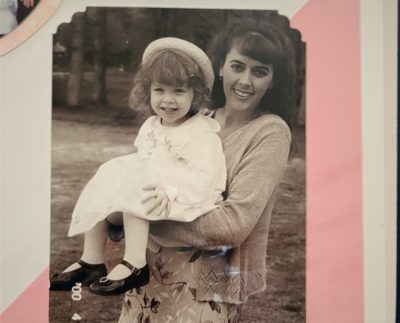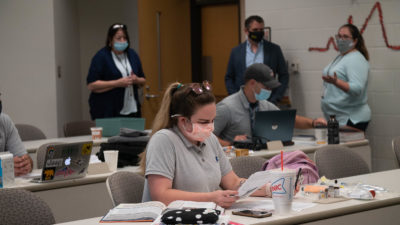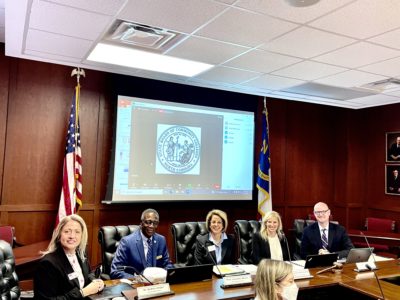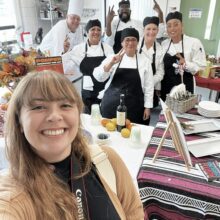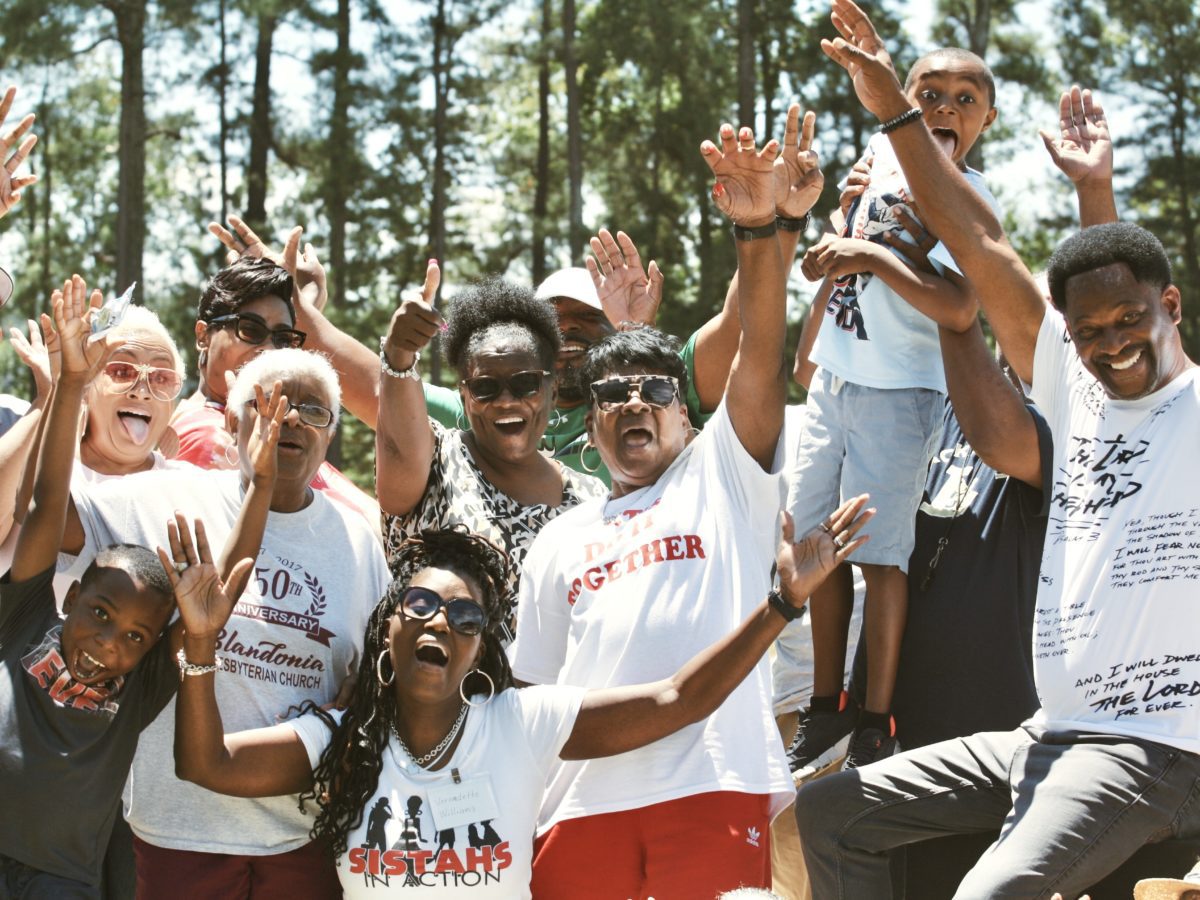
|
|
Hundreds of people gathered in Sanford last Saturday to celebrate the coming school year with 1,000 hot dogs, 400 book bags, 150 dental care kits, and 30 adults connected to Central Carolina Community College’s (CCCC) short-term training programs.
Local Black faith leaders organized the “Let’s Do It Together” event, which was sponsored by 27 volunteers and organizations, including CCCC. The college funded the event through its N.C. Reconnect funds to engage adult learners. Free hot dogs, ice cream, and Pelican’s SnoBalls were up for grabs at the event, along with book bags stuffed with school supplies, COVID-19 vaccines and tests, and voter registration forms.
“It just really advances the mission of what they’re doing as faith-based organizations and what we’re doing as an education institution and community college,” Meghan Brown, CCCC’s executive director of strategic initiatives, said of Saturday’s event to engage adult learners.
Sign up for Awake58, our newsletter on all things community college.
Two Black leaders in Sanford spearheaded the event – Bishop Charles Mellette, founder and senior pastor of Christian Provision Ministries and Sanford Mayor Pro-Tem Byron Buckels, who is an active church leader. The men worked on the Sanford Equity Task Force, which presented a 46-page report to Sanford’s city council last November.
During that process, they realized working with CCCC would be crucial to seeing equity in their community. They learned about the manufacturing jobs coming to Chatham County, including from electric automotive company VinFast. The manufacturer expects to eventually create 7,500 jobs with an average salary of $51,000. The North Carolina Community College System (NCCCS) previously announced it will provide CCCC with $38 million in customized training support.
Mellette wants to make sure his church and community are included in the opportunity.
“I have members of my congregation who were not qualified for some of the jobs that are coming, that have now gone through the programs there at the college,” he said. “Now they are qualified to be employed at some jobs where they’ll make more money than they ever have in their life.”
How it started
Last January, about 50 Black faith leaders met with CCCC to learn about the manufacturing jobs coming to the region. CCCC leaders shared how the college can connect people to those jobs. The two groups also discussed how to best communicate with the church communities about the opportunities.
“It’s a multifaceted win process for everyone,” CCCC’s Brown said of the collaboration between the college and local faith leaders.
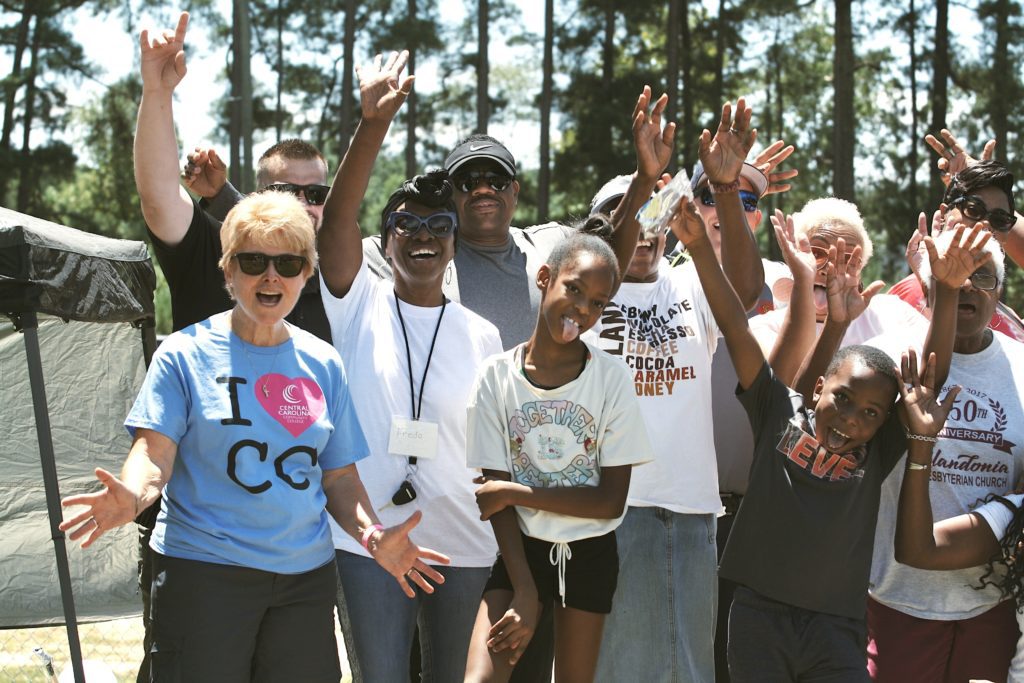
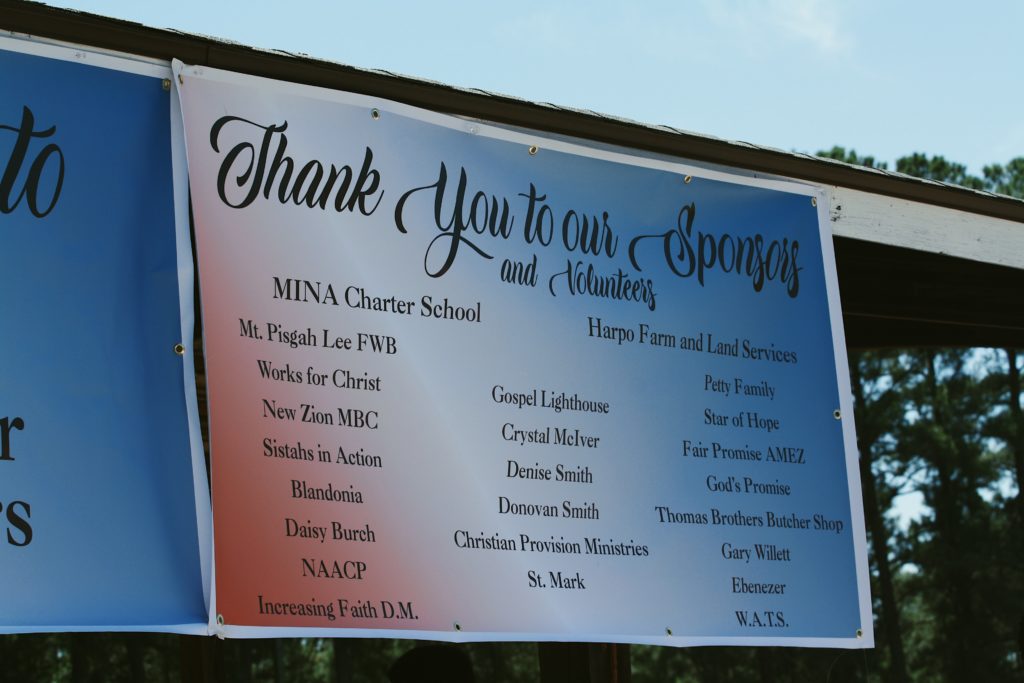
Once CCCC joined the N.C. Reconnect adult learner initiative last spring, the groups started thinking of long-term strategies to reach more students.
In November, Mellette told the Sanford city council the highest priority area of concern among Sanford and Lee County residents is the need for higher-paying employment.
The median household income among white families in Lee County was $61,250, according to U.S. Census data included in the November 2021 presentation, while the median household income for African American families was less than half of that at $27,373. Hispanic families had a median income of $46,083.
Education and faith institutions are both integral to the thriving of a community, Mellette said.
“It’s very important that those two institutions develop a greater collaboration with each other,” he said. “So that we can respond to those concerns together.”
When Mellette and Buckels started meeting with CCCC, they presented data regarding how the school was serving Black and Brown students. After identifying the problems, they hoped to work together with the college to meaningfully address them.
“We see equity gaps that are similar to every community college across the country, and particularly in Lee County,” Brown said. “We aren’t serving our Black students in the way that we want to.”
‘Your college is here to help you’
Mellette and Buckels continued brainstorming with CCCC regarding how to reach more Black students. That’s when the back-to-school event was born.
“We identified back to school as being a launching pad,” Mellette said, “that we can work together to bring the community and academics, the faith base, and our business community together.”
The event was a fun way to prepare for school together, he said. The Pelican’s SnoBalls station and CCCC Culinary Program’s food truck offered cold treats while the DJ played dance music, including the Electric Slide, Wobble, and – of course – Beyoncé. CCCC’s mascot, Charlee Cougar, braved the heat to man a photo booth. The college’s basketball team even showed up to play basketball on Horton Park’s court.
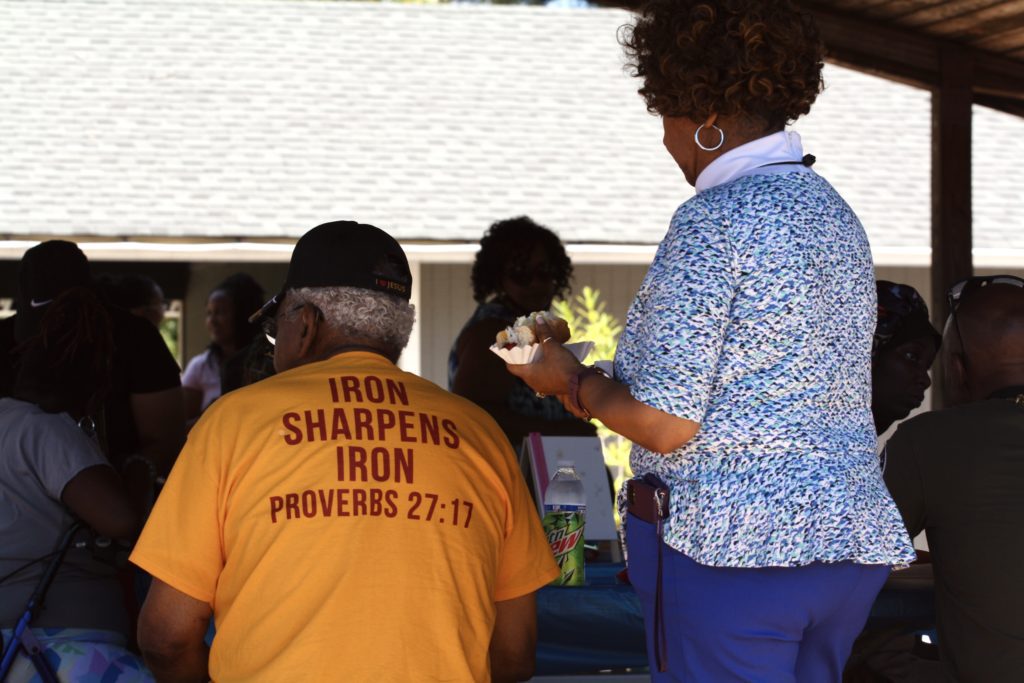
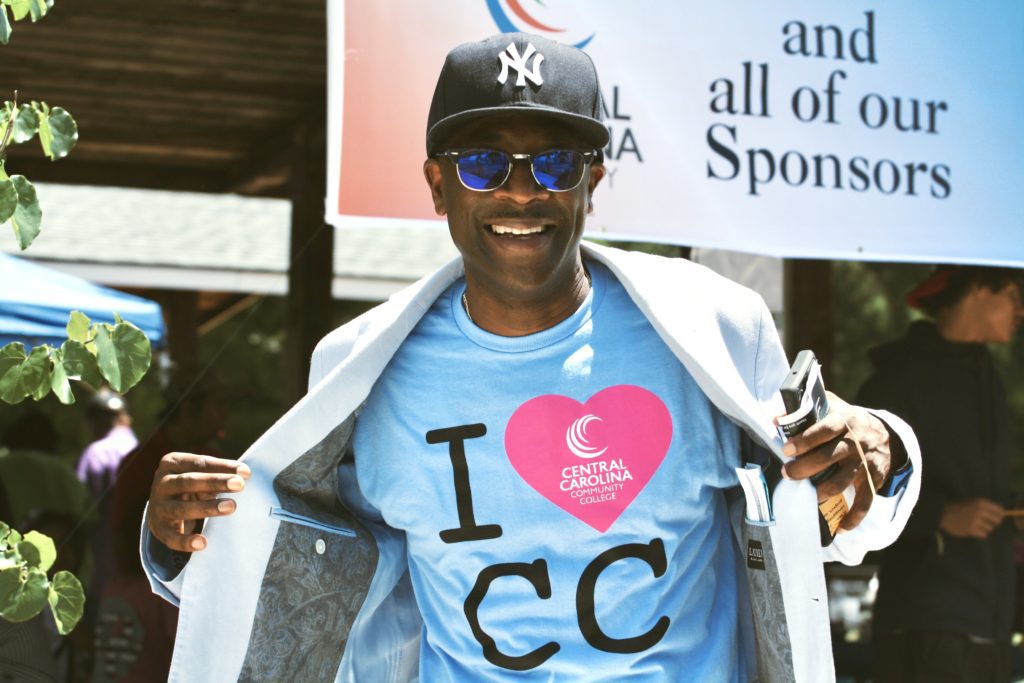
Amid the festivities, the event provided many important resources. Those included a COVID-19 vaccination and testing station, voter registration booth, and school supplies. Attendees could also sign up for free dental cleanings with the college’s clinic and take a cleaning kit with them.
And, of course, the event also featured information on CCCC’s short-term training programs.
“We have some great jobs and careers coming in this region,” President Lisa Chapman said. “We want to make sure you know about those careers and jobs. You’ve got the talent, but if there’s some skills you need, or connections with the employers you need, your college is here to help you with that — we don’t want you to have any barriers.”
Education navigators will follow up directly with people who signed up for more information about CCCC’s programs, Brown said. Several local Black churches also posted banners that direct people to a sign-up form through a QR code.
Partnering with faith leaders is important, Brown said, because they have relationships with the community the college just doesn’t have.
The majority of Americans have confidence in their religious leaders, July 2019 Pew Research data found. And during the pandemic, faith-based approaches persuaded some vaccine-hesitant people to get vaccinated, according to a July 2021 report from the nonpartisan Public Religion Research Institute and nonprofit Interfaith Youth Core.
“We’re just inundated with information and opportunities such that none of them mean anything anymore,” Brown said. “The faith-based community really affords us this opportunity to have direct messaging from a trusted source to reach the ears of those students that we feel like we’re missing.”
‘It may change your life’
Moving forward, the partnership is working to highlight success stories – or “testimonials,” as Bishop Mellette calls them.
On Saturday, nurse practitioner Vonda Reives spoke highly of her time at CCCC and encouraged attendees to learn more.
“Take advantage and go by their station,” Reives said. “Listen to what they have to say and it may change your life.”
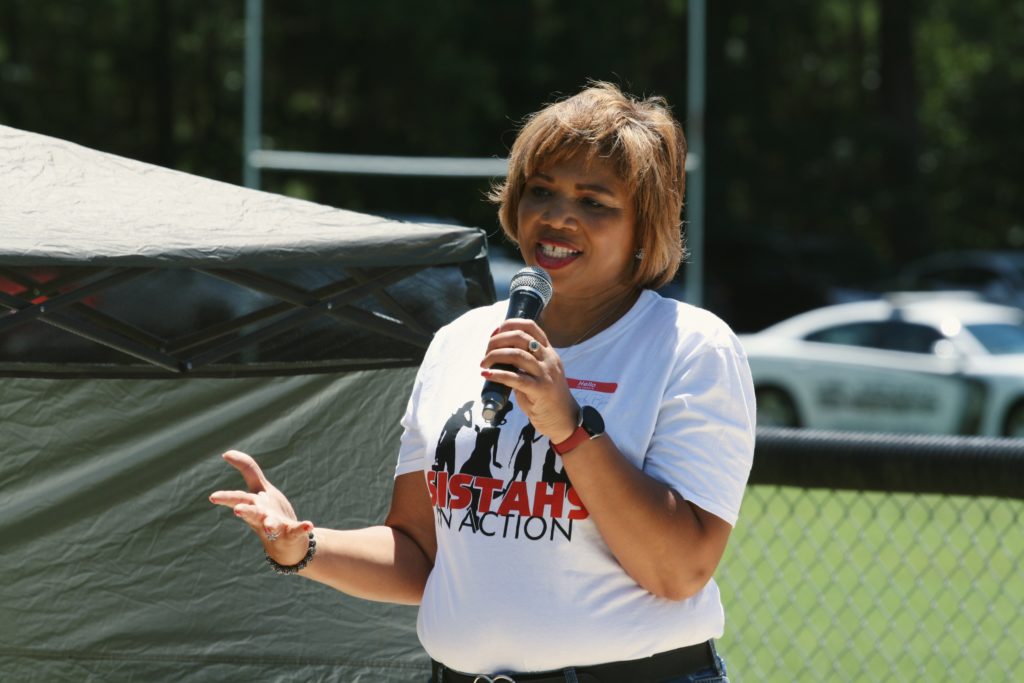
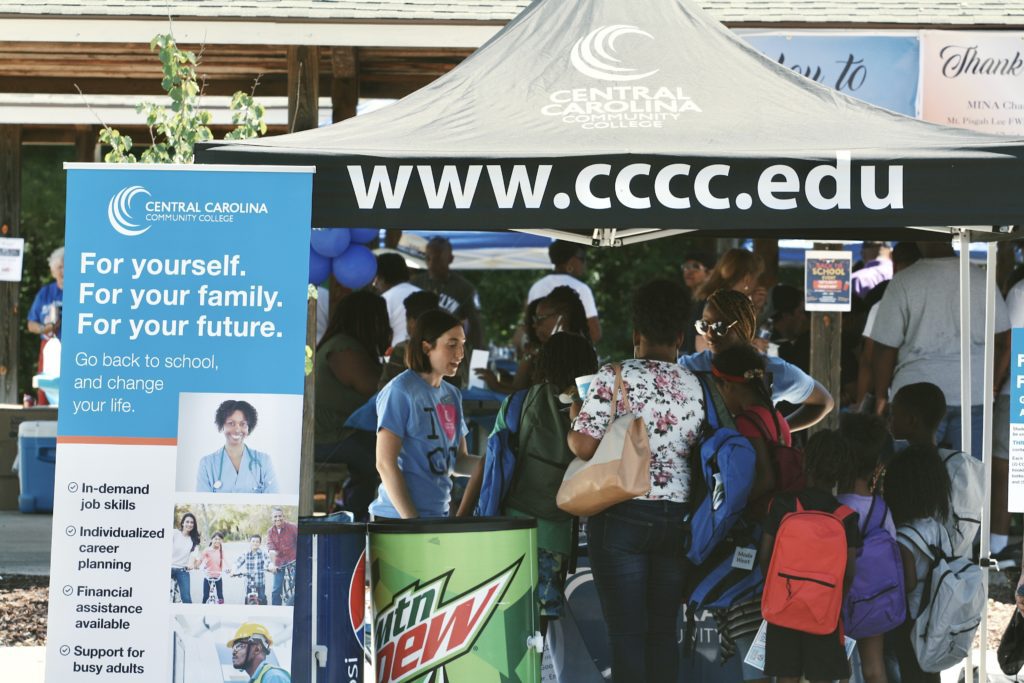
Event “feedback has been phenomenal,” Mellette said. The next step is to continue and deepen their partnership.
The event’s partners met on Monday to talk about the event and how to keep momentum going. Saturday’s event is an example of how to build trust, he said. CCCC did what they said they were going to do – show up in a visible and accessible way and work together with the community.
Conversations about institutional change, Mellette said, can happen without having to blame each other for what’s not working.
“Instead of the community college being an institution that says we are here for the community, so the community just needs to build a bridge and come to us because we’re here for them,” he said, “the college has taken on the mindset that even though we are here for the community, we’re going to build a bridge that leads from where we are to where the community is that we want to serve. Now, we want to learn to do that together.”
Recommended reading
